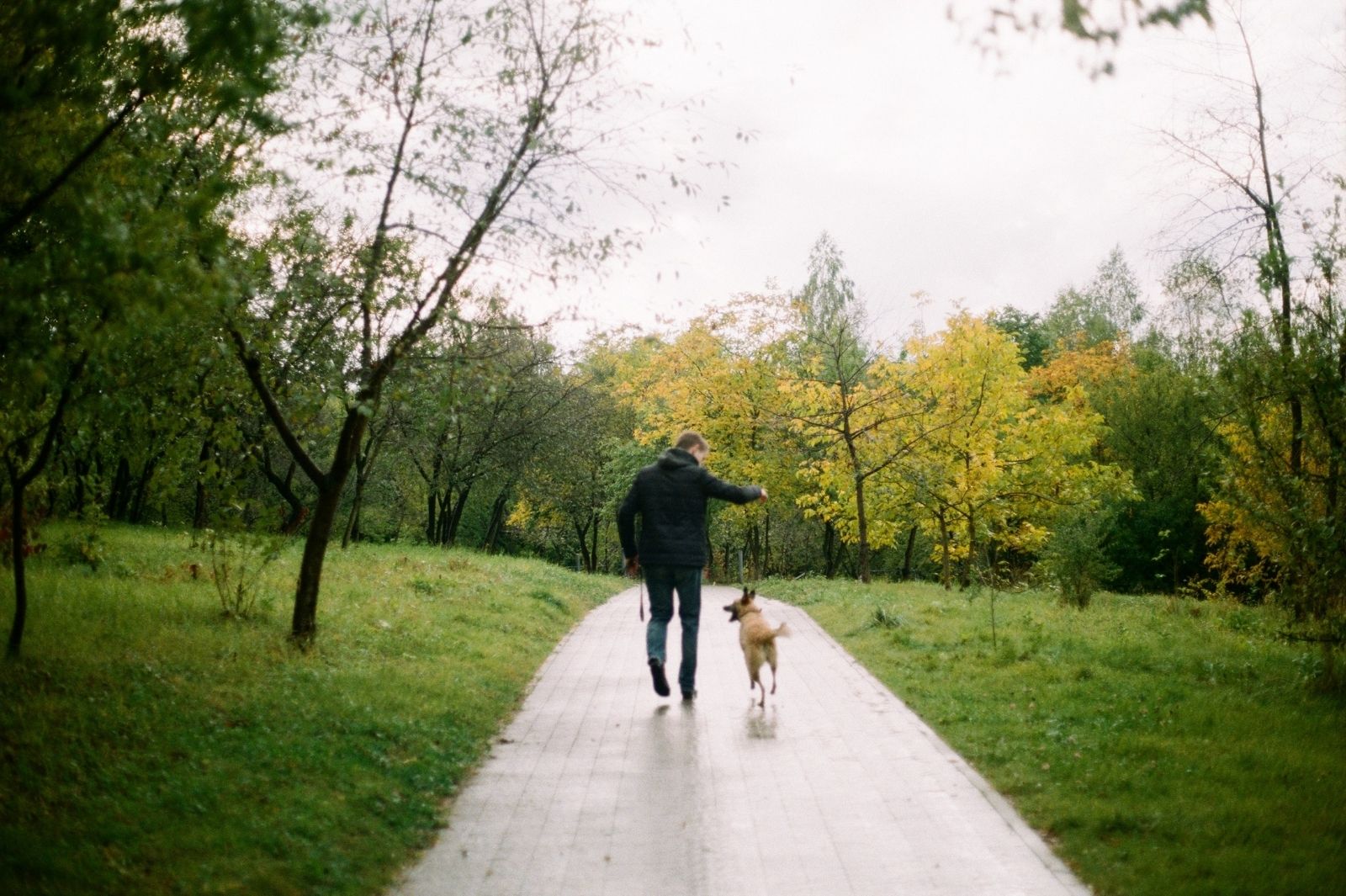Blog: The great outdoors. Enjoy nature, boost your mental health
Date 10.05.2021
10.05.2021
Today marks the start of the Mental Health Foundation’s annual awareness week and this year’s theme is nature. One of the aims of the week is to inspire us to connect with nature and notice the positive impact this can have on our mental health.
Dr Rob Lyon and Dr Mairi Mulvenna from the University’s Sport Science team give their views and offer top tips for those still shaking off lockdown motivation problems.
Dr Rob Lyon, Senior Lecturer in Exercise and Health Psychology
“My take on ‘lockdown fatigue’/‘lockdownitis’ is not that people aren’t interested in heading outdoors, but more they are clamouring to do it! Lockdown might have meant more people were active who weren’t before, because our ‘government-mandated, hour-or-so a day’ was at one point all we were allowed to do outside.
“For instance, there has been a big uptake of people investing in home gym equipment, but exercise in the form of working out isn’t for everyone. To keep healthy in mind and body we need to do things that we enjoy; just the thought of being a gym bunny might leave some hopping mad.
“This is why an activity like walking can be ideal. It’s simple to prepare for and do, you can easily go at your own pace, it’s relatively cost-free and, if you link up with friends, there is a social aspect to it.
“Couple this with walking in the countryside and it can be especially enjoyable and lead to those benefits to our mental health that forms the Mental Foundation’s awareness week.
“Why we enjoy being outdoors is more complex than you might think, an interplay of so many different things it would take more space than one blog to discuss.
“There are the obvious physical benefits. Humans are evolved and built to move and our bodies – and mental health – respond to this. By getting our bodies moving, our heart rate increases, the blood flows around, positively effecting your lean body tissue and bone density, to name just a few examples. In short, getting up and getting going is win-win.
“There has been a fair amount of research looking into this, including theories about how the visual look of natural environments, with green landscapes and blue water, is more appealing to the eyes. More holistic research has looked into the experience of being out in nature, of us enjoying being outdoors because we like being able to touch and feel things there.
“When people are asked why they think they enjoyed being outdoors, they report back about their increased self-esteem, of being at one and complete with nature and enjoying things you used to do when they were children, such as climbing trees. It can give us a sense of awe and wonder, a sense of ‘wholeism’ if you will and boost our feelings of autonomy.”
Dr Mairi Mulvenna, Lecturer in Sports Psychology
“This is all well and good for those of us who, as Rob has outlined, ‘clamouring’ to be outside more and are already ‘at one’ with nature. But what about those of us who need a little more encouragement to take that first step into green and pleasant lands outside the front door?
“The first thing to note about getting more active is you should focus on doing something you are intrinsically interested in doing and, therefore, will be more motivated to start and continue doing. As Rob mentioned, this doesn’t have to be going to the gym, but needs to be something that interests you and captures your feeling of enjoyment. We’re focusing here on walking outdoors, but for you it might be something else.
“You should also not worry about hitting any recommended levels or targets. Concentrate instead on the level of activity you like and are comfortable with doing on a regular basis, with you deciding what that regularity is.
“Make a plan to set some goals, with a view to being able to build on them. The next of my tips is very important – this plan should be totally flexible, not set in stone and realistic, which will help you work toward your desired end point.
“Another important thing is to not worry about meeting your plan. If you miss a day or a particular aim, criticising yourself about it will only detract from the good things you’ve achieved and go on to impact on your mental health. Just pick things up when you next feel ready to…without waiting too long!
“With being outdoors and getting active in nature, try not always being a lone wolf and do this with someone else. Social walking can increase your sense of relatedness and belonging and connection to other people, something we have all experienced a lack of during the pandemic!
“Slowly but surely we are coming out of the pandemic. Sometimes, as we’ve discussed here, slow and easy can win the race.”